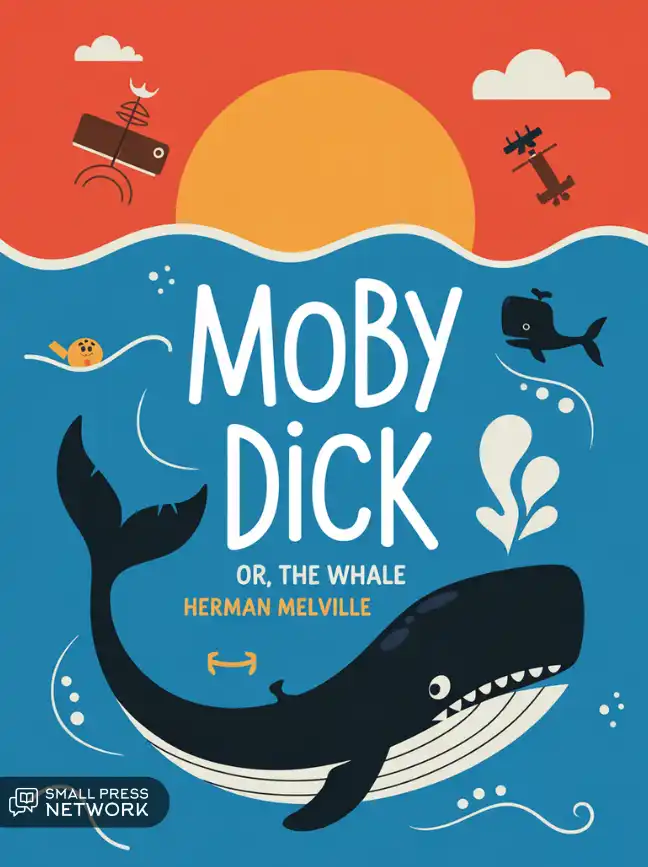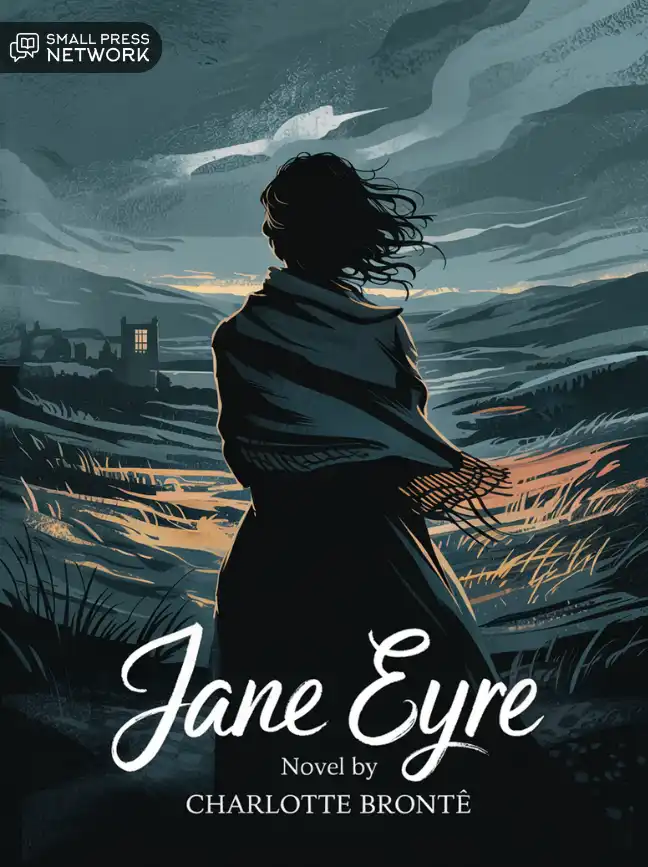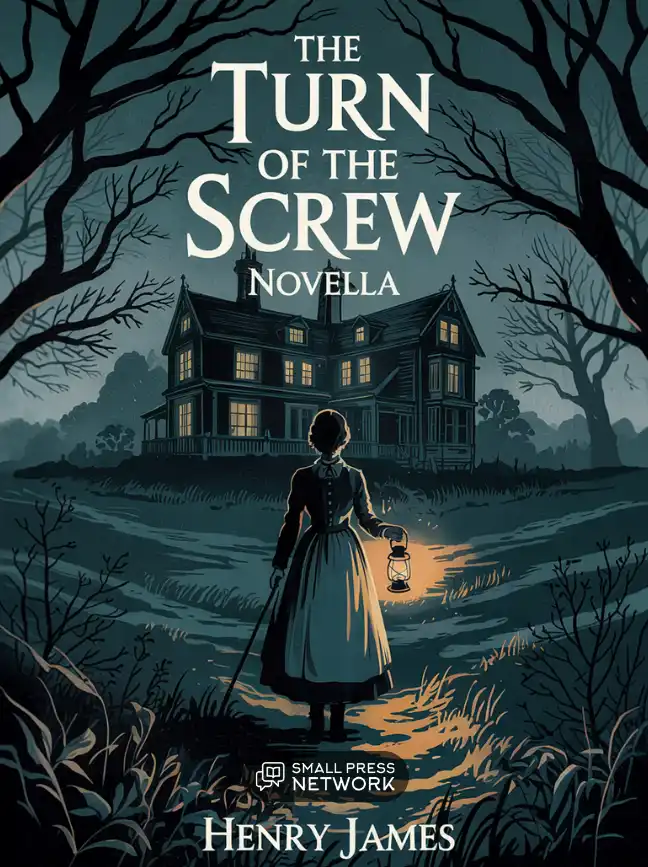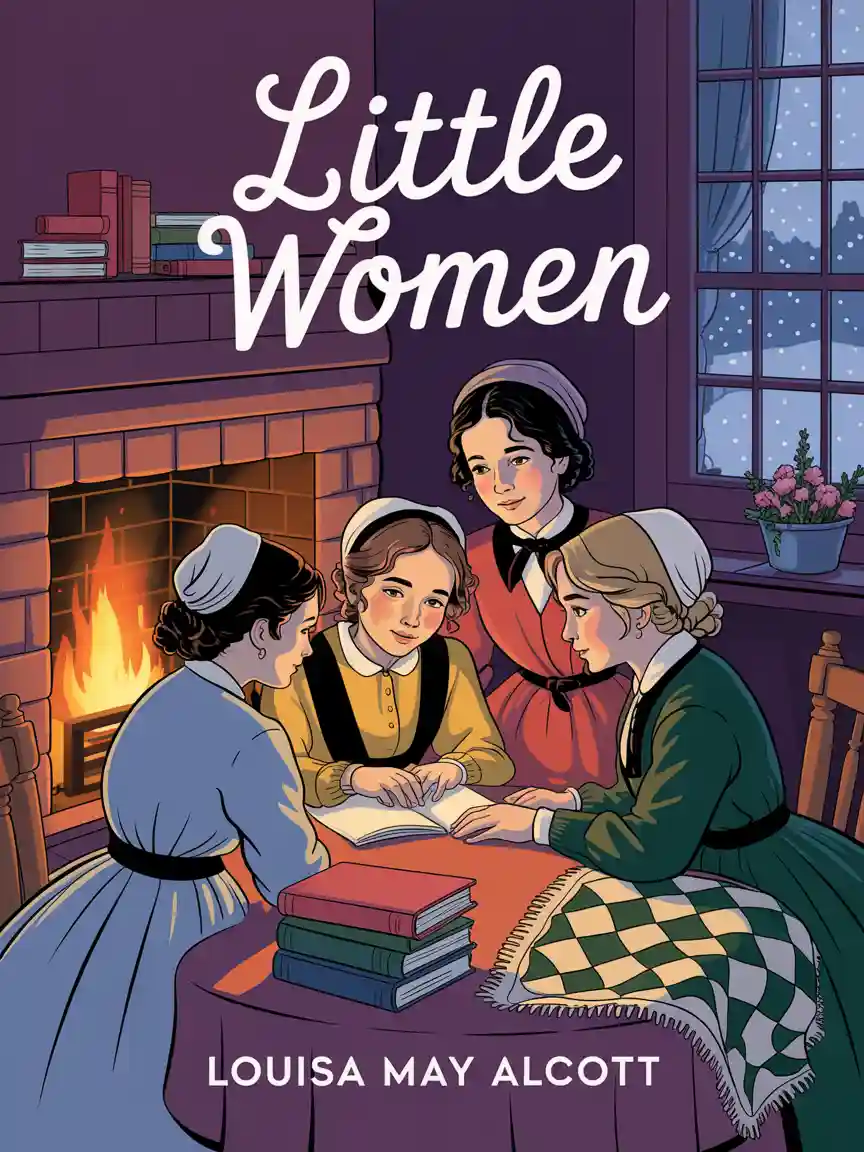CHAPTER 6
The Street
If I had been astonished at first catching a glimpse of so outlandish an
individual as Queequeg circulating among the polite society of a civilized
town, that astonishment soon departed upon taking my first daylight stroll
through the streets of New Bedford.
In thoroughfares nigh the docks, any considerable seaport will frequently
offer to view the queerest looking nondescripts from foreign parts. Even in
Broadway and Chestnut streets, Mediterranean mariners will sometimes
jostle the affrighted ladies. Regent Street is not unknown to Lascars and
Malays; and at Bombay, in the Apollo Green, live Yankees have often
scared the natives. But New Bedford beats all Water Street and Wapping. In
these last-mentioned haunts you see only sailors; but in New Bedford,
actual cannibals stand chatting at street corners; savages outright; many of
whom yet carry on their bones unholy flesh. It makes a stranger stare.
But, besides the Feegeeans, Tongatobooarrs, Erromanggoans,
Pannangians, and Brighggians, and, besides the wild specimens of the
whaling-craft which unheeded reel about the streets, you will see other
sights still more curious, certainly more comical. There weekly arrive in
this town scores of green Vermonters and New Hampshire men, all athirst
for gain and glory in the fishery. They are mostly young, of stalwart frames;
fellows who have felled forests, and now seek to drop the axe and snatch
the whale-lance. Many are as green as the Green Mountains whence they
came. In some things you would think them but a few hours old. Look
there! that chap strutting round the corner. He wears a beaver hat and
swallow-tailed coat, girdled with a sailor-belt and a sheath-knife. Here
comes another with a sou’-wester and a bombazine cloak.
No town-bred dandy will compare with a country-bred one—I mean a
downright bumpkin dandy—a fellow that, in the dog-days, will mow his
two acres in buckskin gloves for fear of tanning his hands. Now when a
country dandy like this takes it into his head to make a distinguished
reputation, and joins the great whale-fishery, you should see the comical
things he does upon reaching the seaport. In bespeaking his sea-outfit, he
orders bell-buttons to his waistcoats; straps to his canvas trowsers. Ah, poor
Hay-Seed! how bitterly will burst those straps in the first howling gale,
when thou art driven, straps, buttons, and all, down the throat of the
tempest.
But think not that this famous town has only harpooneers, cannibals, and
bumpkins to show her visitors. Not at all. Still New Bedford is a queer
place. Had it not been for us whalemen, that tract of land would this day
perhaps have been in as howling condition as the coast of Labrador. As it is,
parts of her back country are enough to frighten one, they look so bony. The
town itself is perhaps the dearest place to live in, in all New England. It is a
land of oil, true enough: but not like Canaan; a land, also, of corn and wine.
The streets do not run with milk; nor in the spring-time do they pave them
with fresh eggs. Yet, in spite of this, nowhere in all America will you find
more patrician-like houses; parks and gardens more opulent, than in New
Bedford. Whence came they? how planted upon this once scraggy scoria of
a country?
Go and gaze upon the iron emblematical harpoons round yonder lofty
mansion, and your question will be answered. Yes; all these brave houses
and flowery gardens came from the Atlantic, Pacific, and Indian oceans.
One and all, they were harpooned and dragged up hither from the bottom of
the sea. Can Herr Alexander perform a feat like that?
In New Bedford, fathers, they say, give whales for dowers to their
daughters, and portion off their nieces with a few porpoises a-piece. You
must go to New Bedford to see a brilliant wedding; for, they say, they have
reservoirs of oil in every house, and every night recklessly burn their
lengths in spermaceti candles.
In summer time, the town is sweet to see; full of fine maples— long
avenues of green and gold. And in August, high in air, the beautiful and
bountiful horse-chestnuts, candelabra-wise, proffer the passer-by their
tapering upright cones of congregated blossoms. So omnipotent is art;
which in many a district of New Bedford has superinduced bright terraces
of flowers upon the barren refuse rocks thrown aside at creation’s final day.
And the women of New Bedford, they bloom like their own red roses.
But roses only bloom in summer; whereas the fine carnation of their cheeks
is perennial as sunlight in the seventh heavens. Elsewhere match that bloom
of theirs, ye cannot, save in Salem, where they tell me the young girls
breathe such musk, their sailor sweethearts smell them miles off shore, as
though they were drawing nigh the odorous Moluccas instead of the
Puritanic sands.




